Sleep and rest for our little ones are among the greatest concerns we have as parents, especially when we notice...
Art and music are two fundamental tools in the international education of any child, as they are essential instruments for enhancing the senses and improving communication.
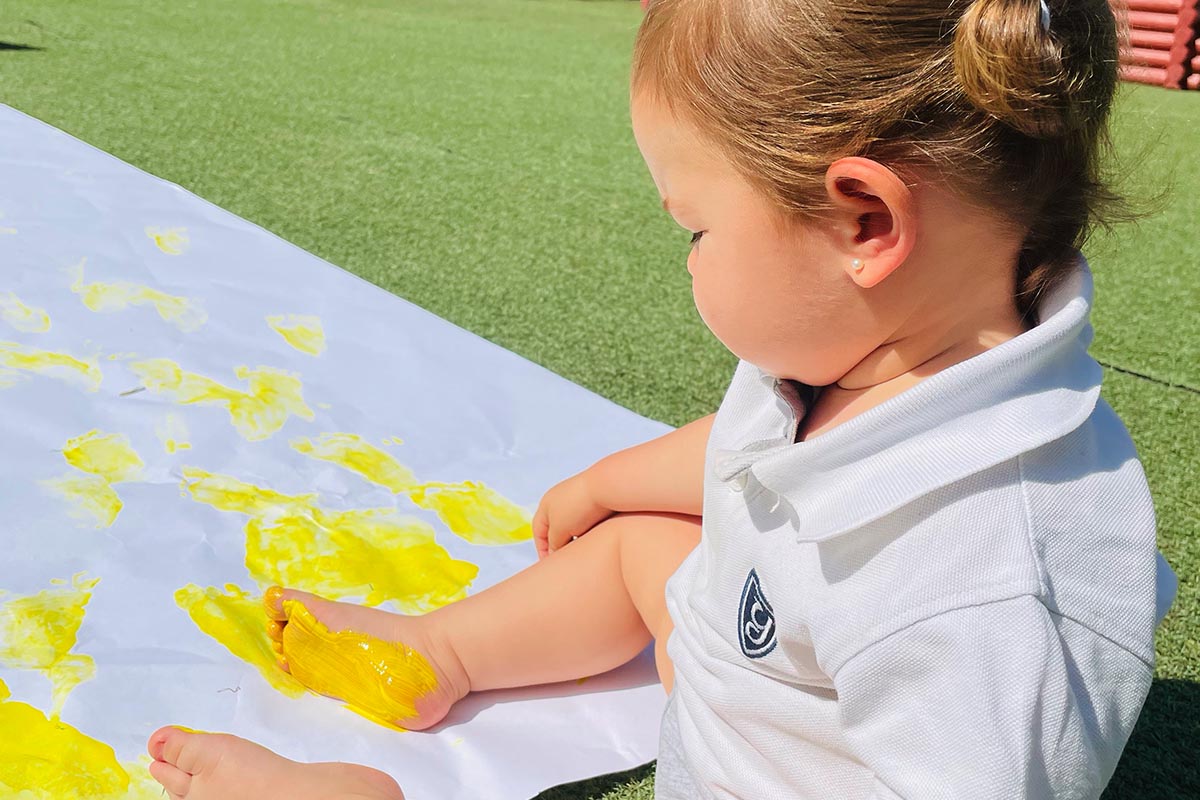
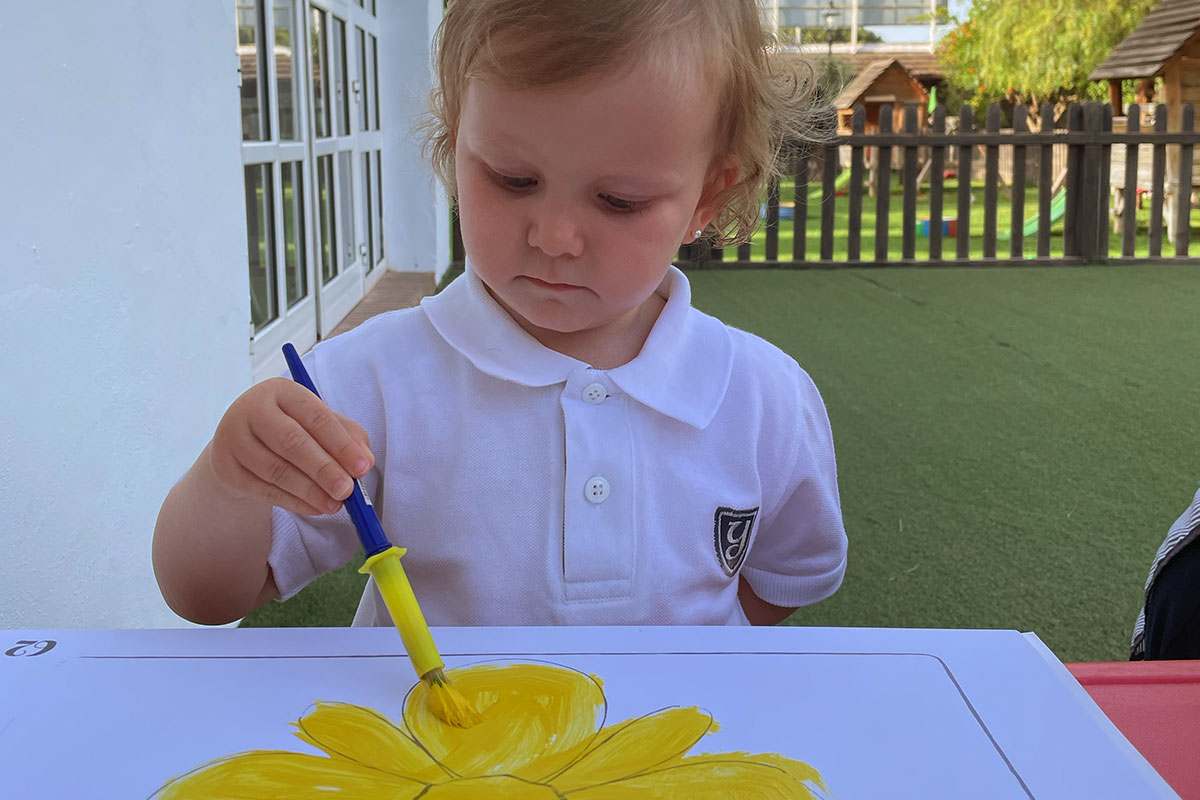
Designing, painting, and sculpting are ways to feel and connect with life. At Yago School, art is a universal language that drives creativity and gets us more in touch with our sensitive sides. Working with materials and textures or portraying reality through painting enhances our students’ intellectual capacity. At Yago School, we know that art is fundamental in the international education of any child and we put all the tools at our students’ disposal.
In Art, students begin their plastic and creative activity starting at the Yago School Nursery. In this way, we strengthen imagination, creativity, perception, invention, and aesthetic taste.
We also offer a program for the promotion of cultural sensitivity that brings our students from 3 to 13 years old closer to different artists and artistic trends.
At Yago School, music is an essential element for the integral development of students; its transversal, multidisciplinary, and dynamic nature makes this area an ideal resource for children’s personal, social and professional development.
Through the perception and interpretation of the different elements of music, students have the opportunity to experience and learn in a meaningful way through a great diversity of musical experiences. One of the fundamental objectives of music education is to develop the ability to express ideas, affection, feelings, and emotions through music. Vocal expression through singing and instrumental expression through the use of instruments, starting with our own bodies is fundamental.
At the international Yago School in Seville, music is a fundamental pillar in any child’s education. The importance and benefits it brings are multiple from Infant to Secondary, as it allows us to develop and enhance all skills and attitudes from an incomparable framework of activity, participation, and motivation. In addition, it should be noted that music directly affects our emotions and, consequently, our behavior. This characteristic makes it a fundamental tool for students’ emotional regulation.
Instrumental practice is one of the most important areas of Music Education. Students establish special relationships with different instruments, and put their sense of rhythm, inner ear, and knowledge of musical language to work. Through percussion instruments with determined and indeterminate sounds, Infant students begin to explore sound and develop musical skills from their interpretation.
Starting in PYP 4 (Primary 1) , the piano becomes the protagonist and begins to be the children’s ally in the process of visualizing the relationship between sounds and taking the first steps in the reading of simple pieces. When all this happens, we can imagine that our little ones’ brains are full of fireworks.
The reading of two staves, one in the key of G and the other in the key of F, together with the rhythmic indications, the interpretative intention and all the psychomotor demands that playing the piano keys implies, fill the brain with colors. Countless neural connections are generated and areas of the brain are activated that no other activity is capable of doing, from which other skills, such as linguistic and logical-mathematical, are accessed.
During this process, our students are improving all skills with the piano and many of them manage to certify their talent with the ABRSM (Associated Board of Royal School of Music), but above all developing more powerful and creative brains through music, establishing habits of discipline and perseverance to interpret the musical pieces they are playing, enjoying every note. Instrumental practice is one of the most important areas of Music Education, and students establish special relationships with the different instruments, putting their sense of rhythm, their inner ear, and their knowledge of musical language to the test.
"At our school, all our students study piano from the age of 6, helping with coordination, language and reasoning development, memorisation, and perhaps most importantly, emotional development".
It can be confirmed that the intellectual effects that music provokes increase the ability to concentrate and memorize, inviting introspection and meditation; it is a form of escape, a pleasant and creative stimulus, improves the analytical capacity, and also provides a way of expression and communication directly related to culture and society. Group performance generates social interactions that help students develop their social skills, as well.
The Yago School Choir is a learning opportunity that many of our students enjoy as a group musical experience. The weekly rehearsals, apart from developing singing techniques and performance skills, build self-esteem and confidence on stage. Our Choir has performed in numerous concerts together with La Real Orquesta Sinfónica de Sevilla in important venues such as Fibes Sevilla, the Teatro de la Maestranza and the Vatican, where they had the honour of singing for the Pope.
The Yago School Band is composed by students interested in contemporary music.
The musical discipline allows flexible groupings and ensures inclusion by allowing learning adapted to one’s own pace, taking into account the interests and skills of the students in the learning objectives. Music establishes communication without the need for words, becoming a universal language of emotional interconnection that also provides values such as dialogue and respect. Comprehensive listening and musical analysis favour a critical and reflective spirit. Therefore, all the benefits of musical practice contribute to global learning, interrelating the different disciplines of the curriculum in a transversal resource.
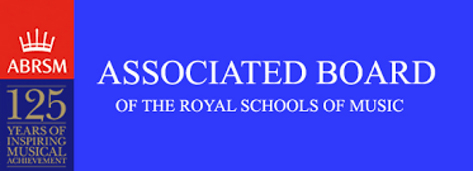
"Students will be able to certify their musical knowledge with the ABRSM (Associated Board of Royal Schools of Music), the largest music education organisation in the UK, gaining an international music qualification. Examiners visit us from London once a year and congratulate us on our children's education, resources and high musical standards. We aim to provide positive musical experiences".
|
Art |
Music |
|
. 100% English training. |
. 100% English training. |
|
· Compulsory education from the age of 3. |
· Music Education from Yago School Nursery. |
|
. Fully equipped Art Laboratory. |
· 2 fully equipped classrooms with 32 pianos and a professional recording studio. |
|
· It helps to develop creativity, imagination, invention, research and aesthetic taste as well as representing a form of expression and communication of ideas and feelings. |
Neurological stimulation that improves linguistic and logical-mathematical skills, favors concentration and memory, stimulates creativity, improves analytical capacity and also provides a means of expression and communication. |
|
· Cultural and historical project. |
· Certification with the ABRSM |
|
. Integrated discipline in transdisciplinary projects. |
.Choir directed by Mr. John Durant with unique local, national and international experiences. |
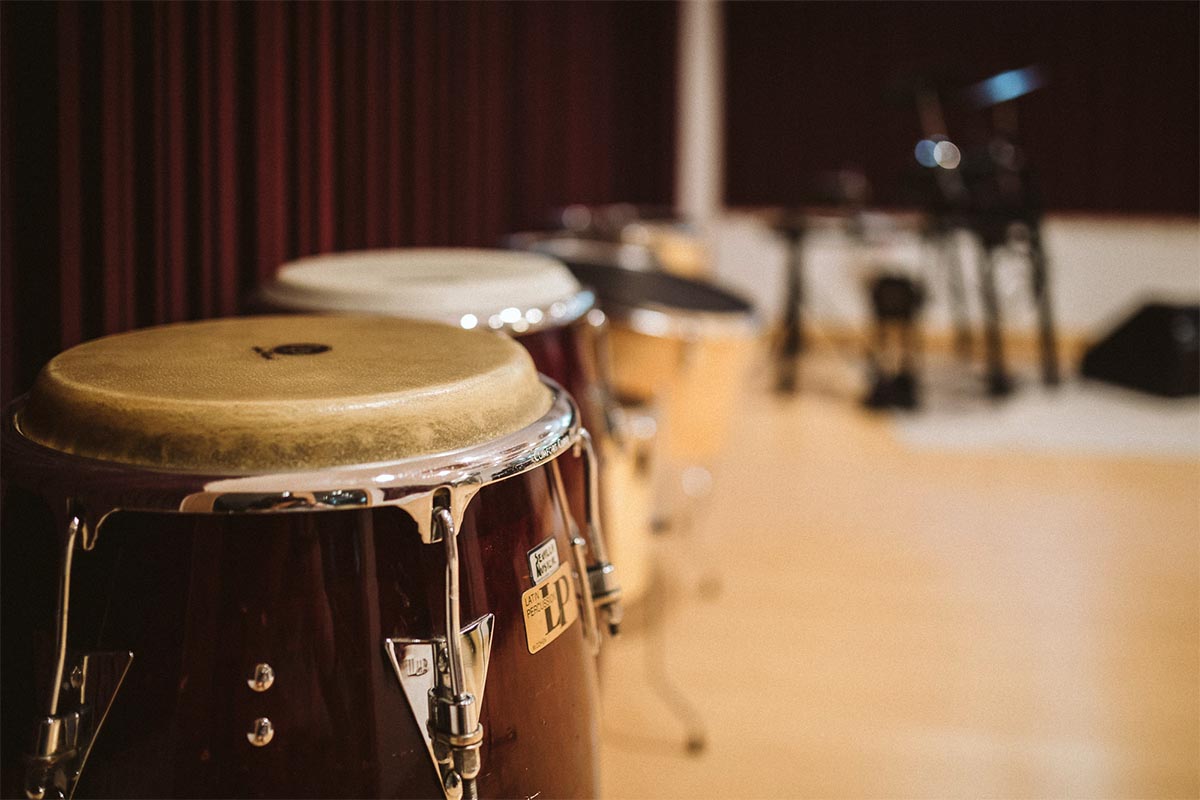
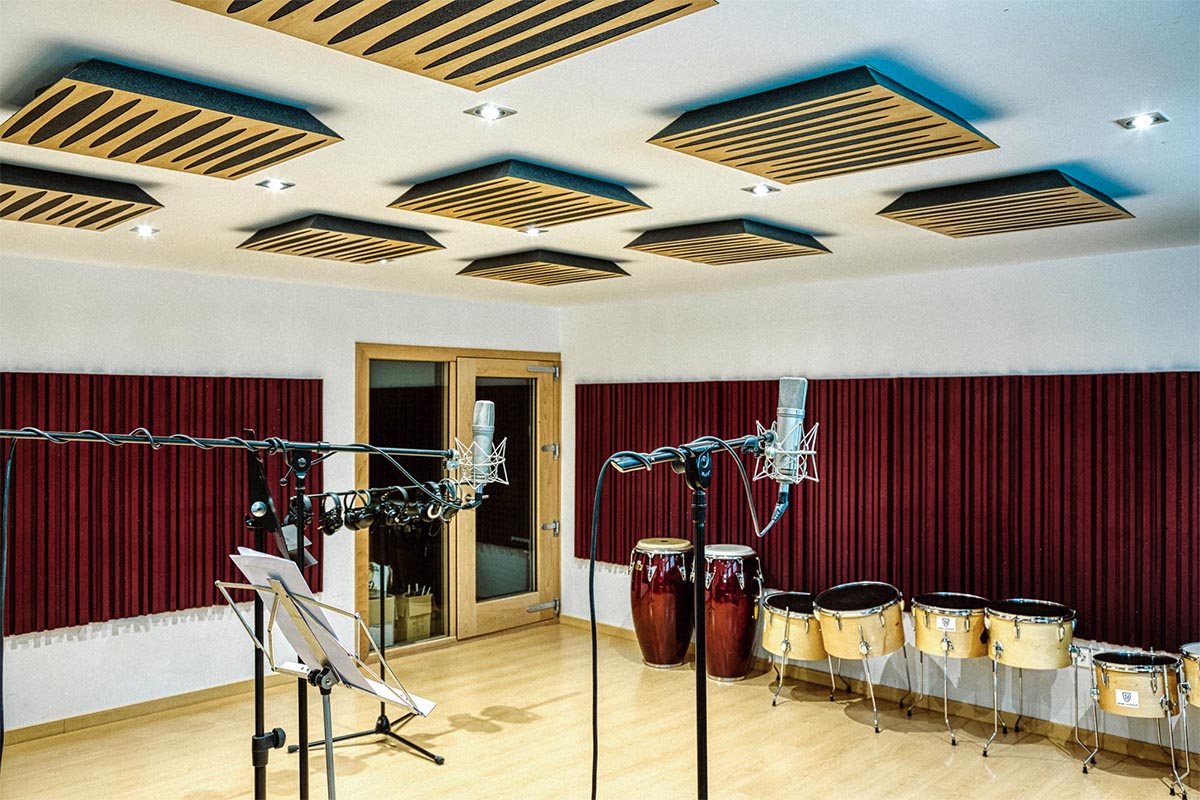
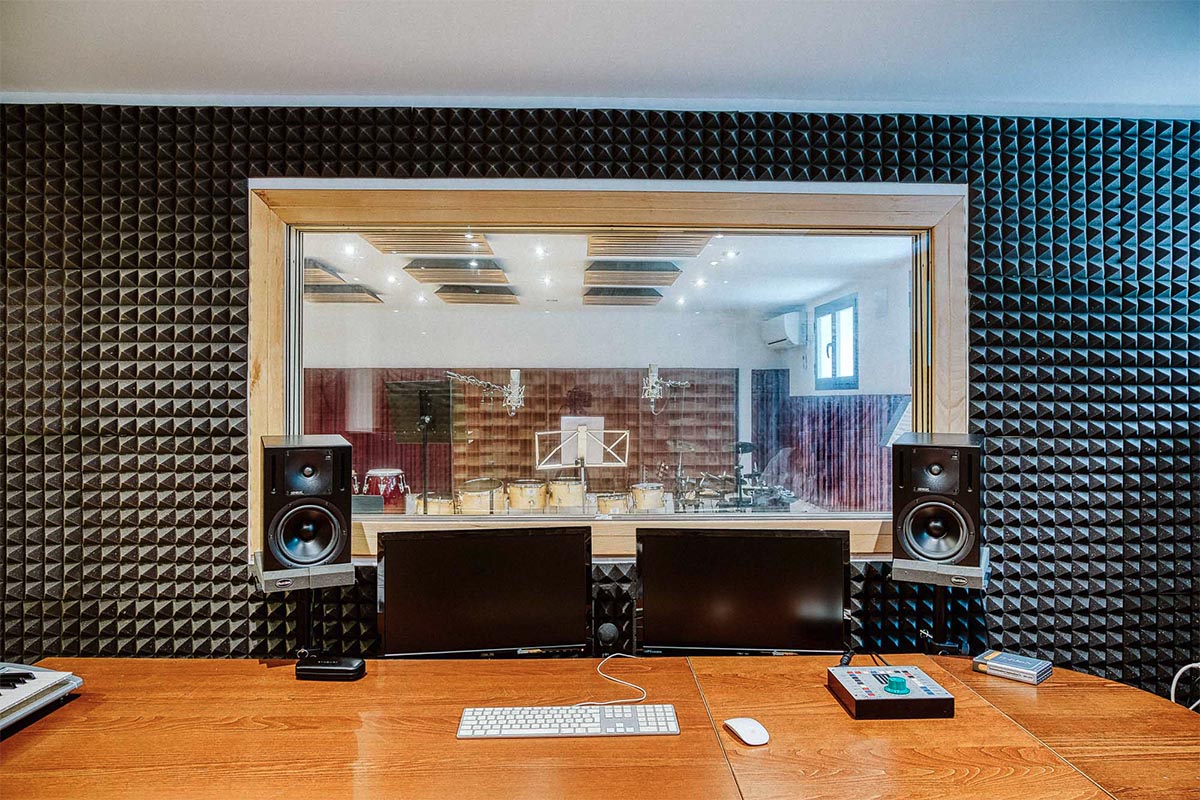
In order to develop these important activities for our students, our school has extensive and modern facilities and a multitude of resources for their use in class.
In reference to Music, our students have the following resources at their disposal:
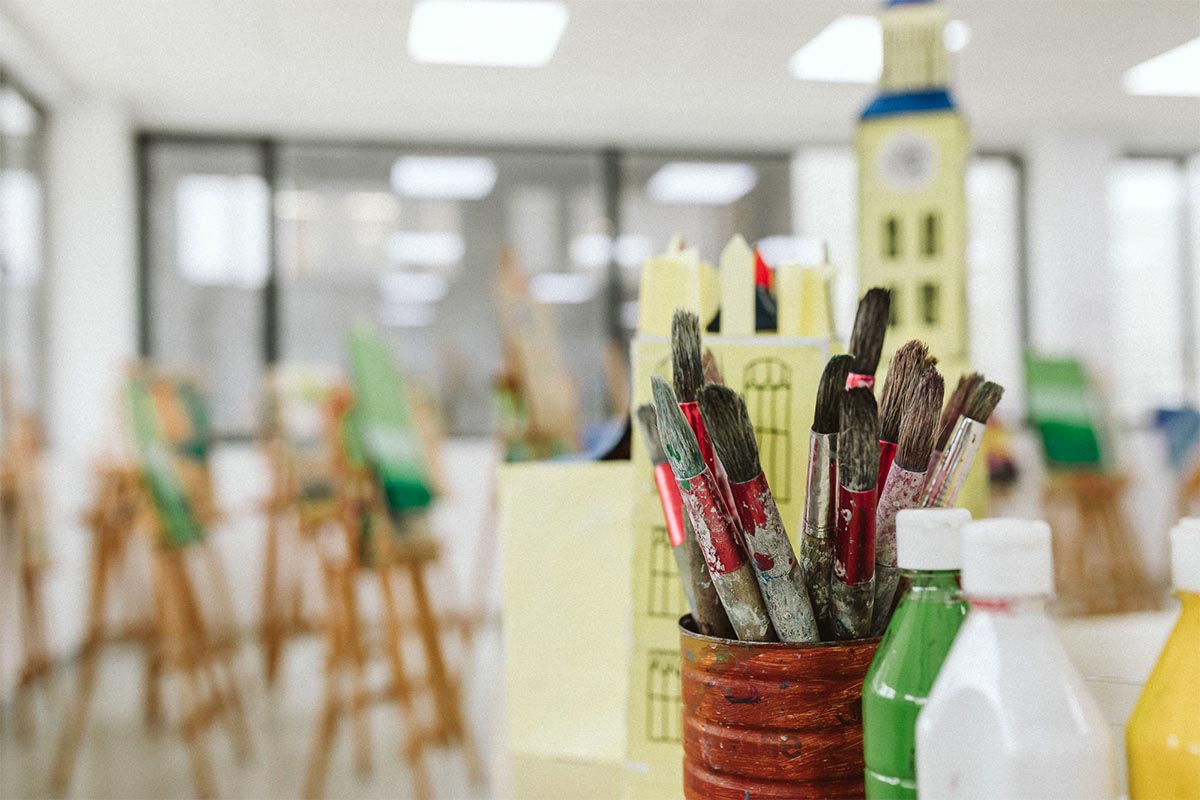
Yago School has a perfectly equipped laboratory with all kinds of materials and instruments to learn and put into practice different traditional and audiovisual techniques.
The art room is a space with large windows to take advantage of the magnificent outside light and of course with great ventilation. These characteristics of the room are basic for working on observational drawing and for teaching artistic concepts about space, depth, form and perspective. The school also has nature classrooms and several garden areas, that is, spaces for outdoor learning, where students work on this subject with the advantages that this environment provides in outdoor learning.
The art classroom encourages each child to be curious and original in their work while studying a variety of art forms such as 2D, 3D and installations exploring mediums such as acrylic, charcoal, water, dry pastels, oil pastels, pencil coloring, clay, wires, papier-mâché, etc.
The classroom has a large size with cabinets and shelves with materials of all kinds: paints, brushes, plasters, ceramics… which facilitates the daily work.
It is true that there are children who have a brain structure that facilitates musical learning, however there are others who have an intellect more prepared for the arts. Each student has different abilities, interests and learning pace, but at Yago School we know how to adapt to the particularities of each student to obtain their maximum development.
At Yago School we incorporate art and music into the student’s life at an early age so that they learn the subjects in a very fun and simple way. Everyone enjoys these subjects that favor their integral development.
As the students grow we adapt to the level of each student to provide a personalized education adapting to the pace and abilities or talents of each one. For this reason, the possible difficulties encountered in both subjects will be learning opportunities that the student will take advantage of with the guidance of the teacher, adapting curricular elements according to their needs.
Music and art are included in our curriculum, so there is no extra cost for them since we understand that they are basic subjects for the integral development of the student.
In addition, anyone interested in learning more about these subjects can do so through extracurricular activities two days a week starting at 5:15 p.m. with the cost of an extracurricular activity.
Do you want to know more about our School? Don’t miss out on our blog with articles related to the activities of our School.

YAGO SCHOOL SEVILLE
Av. Antonio Mairena, 54,
Castilleja de la Cuesta,
41950 Sevilla
+34 955 51 12 34
secretary@yagoschool.com
YAGO SCHOOL NURSERY SEVILLE
C. Geranio, 1
Castilleja de la Cuesta,
41950 Sevilla
+34 954 16 58 86
nursery@yagoschool.com
YAGO SCHOOL MALAGA
C. Escritora Fuster Gallardo, 11
Málaga – Este,
29018 Málaga
+34 951 01 29 90
secretary.malaga@yagoschool.com